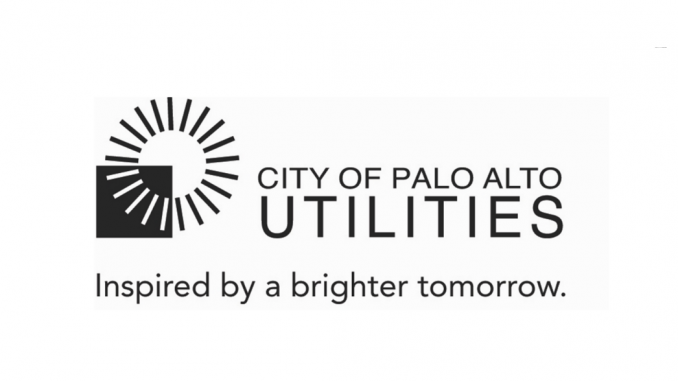
This story appeared originally in Friday morning’s print edition of the Daily Post. If you want to read important local stories first, pick up the Post in the mornings at 1,000 Mid-Peninsula locations.
BY BRADEN CARTWRIGHT
Daily Post Staff Writer
The city of Palo Alto has reached a tentative settlement agreement with a resident who filed a class-action lawsuit on behalf of the city’s utilities customers, who she alleged were being overcharged on their natural gas bills over the course of eight years.
The city has agreed to pay $17.3 million to natural gas customers and lawyers for Miriam Green so that she will drop her lawsuit.
The average Palo Alto resident should see a few hundred dollars, depending on how much natural gas they’ve used since September 2015, when Green’s challenge began. Current customers would get their refunds as a credit on their bills, and former customers would get a check.
The refund would come in three parts: after the settlement is signed, then one year and two years after that.
Customers who are over the age of 65 or are in ill health may ask for their refunds in a lump sum check rather than an on-bill credit, the tentative settlement agreement says.
Green sued the city in October 2016 after she saw that the city was transferring profits from natural gas bills to the city’s General Fund, where the money was spent on unrelated city projects. State law says that the natural gas rates must match the cost of natural gas service, and anything more is a tax that needs voter approval.
Santa Clara County Superior Court Judge Brian Walsh ruled the law applied to Palo Alto, and that the city’s transfer of profits was an unapproved and illegal tax.
Walsh ordered the city to pay $12.6 million for overcharges between 2015 and 2019, and he left the door open for another $5 million in refunds for overcharges from 2019 to today.
The city appealed his ruling, and a mediator was appointed to help the two sides reach an agreement.
Green’s challenge was unprecedented, and the case had the potential to go all the way to the Supreme Court to rule on how it should be resolved.
But the city agreed on the settlement just before asking voters on Nov. 7 to approve the transfer of natural gas revenue, allowing the practice to continue legally.
The city is arguing the transfer is appropriate, because it’s a return on the city’s investment for building a natural gas system decades ago. While companies like PG&E give profits to shareholders, the city spends profits on public services, the ballot argument says.
The benefit of the settlement is that the city will provide refunds to customers more quickly than if the lawsuit continued, City Attorney Molly Stump said.
The delay would be considerable if the case went to the Supreme Court, the settlement says.
The agreement must go through two steps. First, the Court of Appeal would reverse Walsh’s decision that the transfer is illegal. Then, the trial court would approve the class-action settlement.
The court hasn’t told the city when these steps might take place, City Attorney Molly Stump said.
Up to 25% of the $17.3 settlement fund could go to Green’s lawyers and the city won’t challenge it. And the fund will also be used to pay a settlement administrator.
That leaves less than $13 million for natural gas customers.
The city had 23,770 residential and commercial customers in 2020, so the average customer could get as much as $546. But many customers have come and gone over the eight years, and they would get a refund too. So the exact refund amount will depend on how many people will get a piece of the pie, and how much natural gas everyone has used.
The city will have 60 days from when the agreement is signed to tell the settlement administrator the number of people who will get a refund, and how much money they will get per therm of natural gas that they used.This story appeared originally in Friday morning’s print edition of the Daily Post. If you want to read important local stories first, pick up the Post in the mornings at 1,000 Mid-Peninsula locations.

Given the delays I expect the city to pay us the same rate of interest that they would have charged us in late fees.
Vote NO on the Gas Transfer Tax; they’re not transferring gas but rather $20,000,000 from our utility bills each year in to the General Fund while they fail to insist that businesses and Stanford fund their fair shares of the vosds.
After the city lost in court, why did it take so much time delaying the inevitable payments to the gas customers?
Observer, you mean why *will* it take so much MORE time…. since there’s still another step until they start the payments and then they;ll dole them out a little at the time for next two years unless you’re over 65 and in ill-health.
“The refund would come in three parts: after the settlement is signed, then one year and two years after that.”